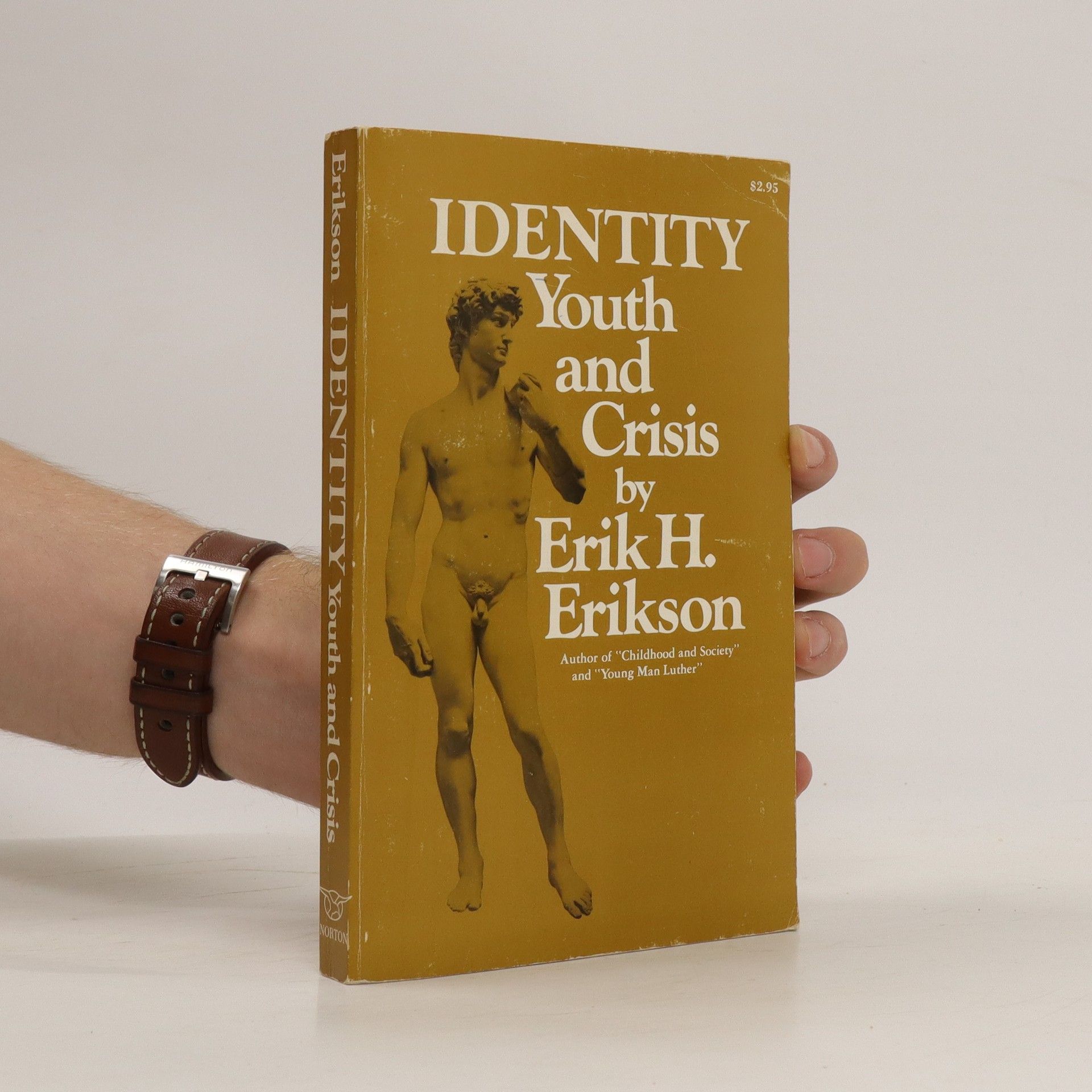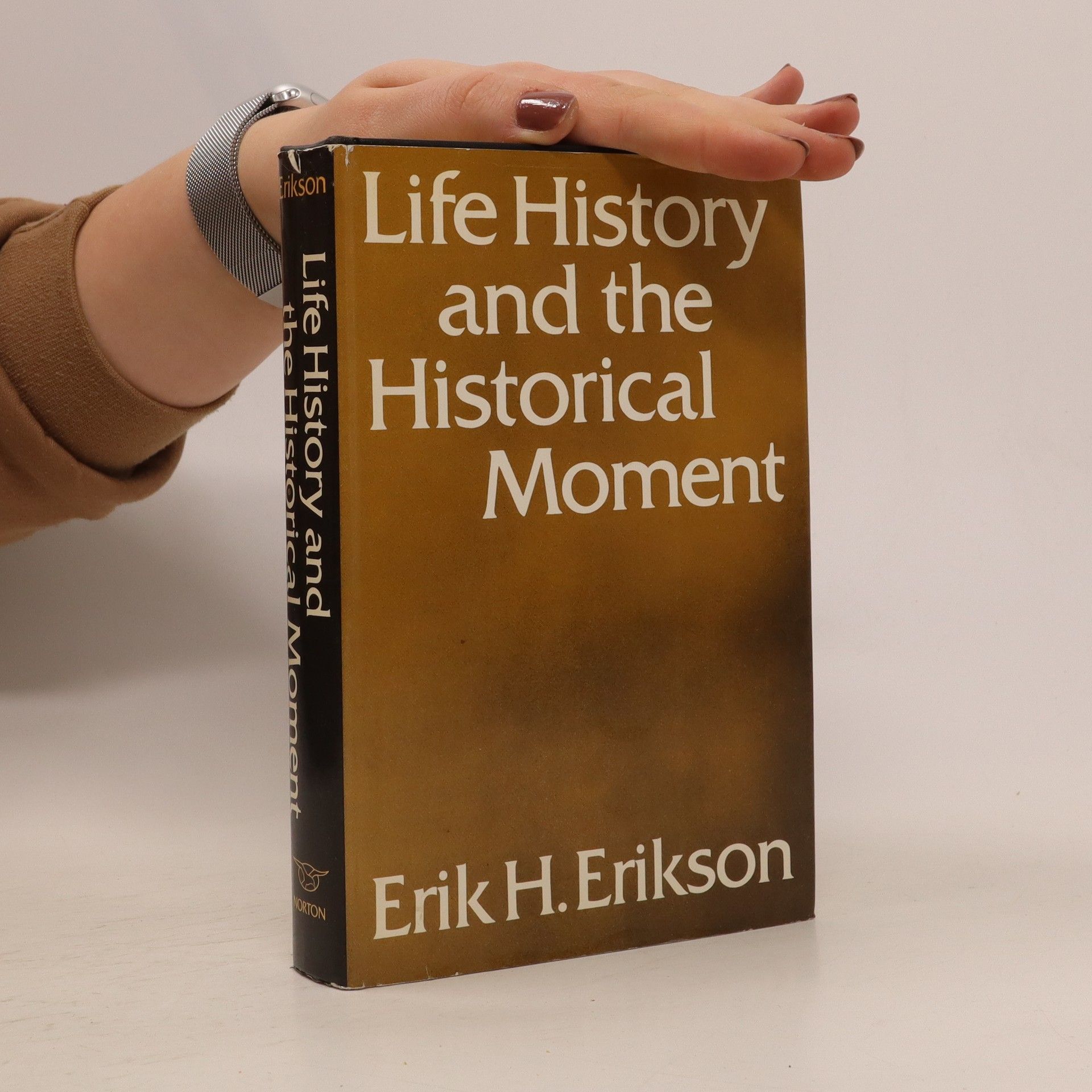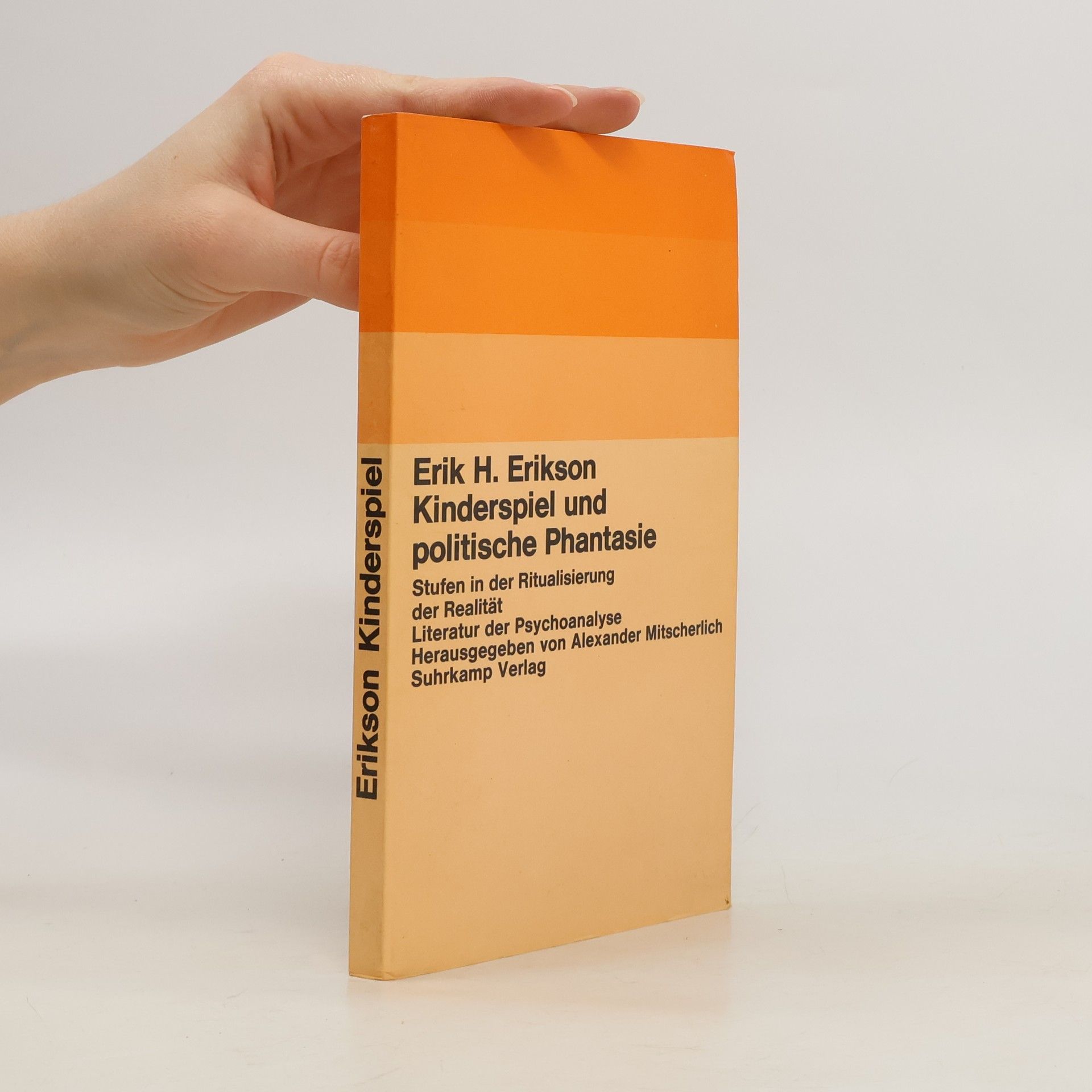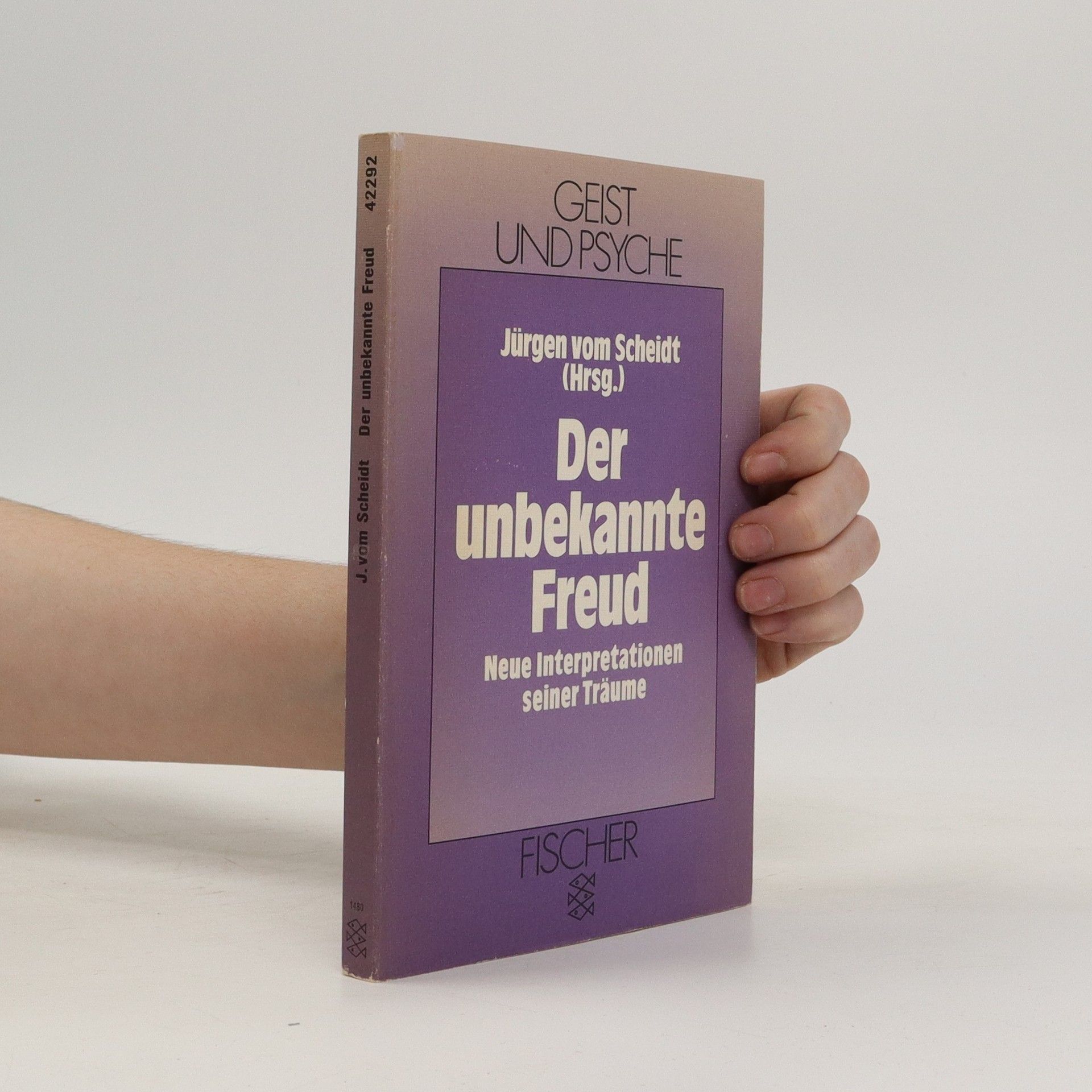Dopełniony cykl życia
Wersja rozszerzona o nowe rozdziały autorstwa Joan M. Erikson poświęcone dziewiątemu etapowi rozwoju osobowości człowieka
- 160pagine
- 6 ore di lettura
Wersja rozszerzona o nowe rozdziały autorstwa Joan M. Erikson poświęcona dziewiątemu etapowi rozwoju osobowości, stworzona przez Erika H. Eriksona, jest kluczowa w psychologii. Koncepcja wieloetapowego rozwoju obejmuje cały cykl życia człowieka, od dzieciństwa po starość. Wcześniej sądzono, że dorastanie to ostatni etap rozwoju, a proces kształtowania osobowości kończy się na nim. Niniejsza książka to rozszerzona wersja ostatecznego dzieła Eriksona, wzbogacona o nowy materiał autorstwa Joan M. Erikson. Dziewiąty etap koncentruje się na nagrodach i wyzwaniach, jakie niesie za sobą bardzo podeszły wiek, zarówno dla jednostek, jak i grup społecznych. Cykl życia dopełnia teorię Eriksona, czyniąc tę pozycję obowiązkową w bibliotece każdego psychologa. „Książka ta wystarczy na długie lata, ponieważ zawiera wiedzę zgromadzoną przez dwóch niezwykle inteligentnych obserwatorów ludzkiego przeznaczenia” — Robert Coles. Erik H. Erikson, zdobywca Nagrody Pulitzera, był uczniem Anny Freud i jednym z najwybitniejszych badaczy w dziedzinie psychoanalizy. Joan M. Erikson, jego żona i współpracowniczka, jest autorką wielu książek, w tym The Universal Bead i Wisdom of the Senses.













